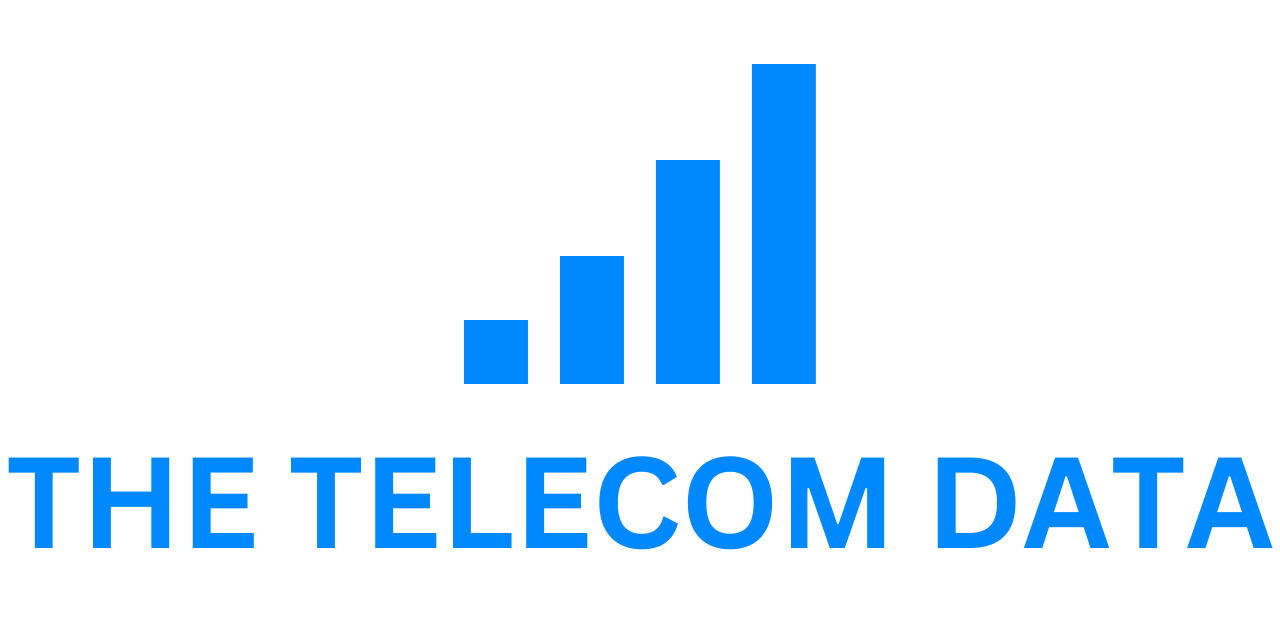Comcast is dedicated to ensuring that everyone can fully enjoy their connectivity and entertainment experiences. However, for individuals with disabilities, accessing these services can be challenging. According to a study by the Pew Research Center, disabled Americans are less likely to use the internet daily compared to those without disabilities (75% vs. 87%), with three times as many reporting that they never go online (15% vs. 5%). This underscores the importance of our commitment to advancing digital inclusion across all fronts.
On Global Accessibility Awareness Day (GAAD), we reaffirmed our commitment to digital inclusion for individuals of all ages, abilities, and backgrounds. For over a decade, we’ve believed that enhancing inclusivity benefits everyone. Inclusion fuels innovation at Comcast, and our aim is to develop solutions that bring people closer to what matters most in their lives.
Our dedication to inclusivity is exemplified through initiatives such as enabling the use of Xfinity services with eye-tracking technology for individuals with physical or speech disabilities, and offering voice control to enhance entertainment accessibility for all customers. These efforts are driven by stories like that of Sheletta Brundidge’s father-in-law, whose entertainment experience was transformed by our Large Button Voice Remote, allowing him to enjoy his favorite football games independently.
Recognizing that in-person support is crucial for many customers, particularly those with disabilities, we’ve collaborated with the Communications Services for the Deaf (CSD) to introduce American Sign Language (ASL) Video Remote Interpreting (VRI) services in select Xfinity retail stores. This initiative has expanded to additional stores across various regions, improving accessibility for deaf or hard-of-hearing customers.
Our commitment to inclusivity extends beyond our products and services. Through partnerships with organizations like The Arc, we’re empowering individuals with disabilities to leverage technology for new experiences and opportunities. For example, Kris, a member of The Arc of Weld County with cerebral palsy, received tech coaching to enhance his digital skills, enabling him to contribute more effectively to his community.
To further our understanding of diverse customer needs, we engage in conversations with disability advocates like Michele Sullivan. These interactions help us continually improve our efforts toward inclusivity.
In conclusion, Comcast remains dedicated to fostering an inclusive environment where everyone can fully participate in and benefit from the digital world. By listening to and collaborating with the disability community, we strive to create a more accessible and equitable future for all.







